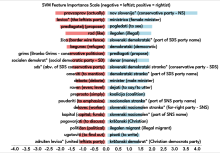Based on ParlaMint data, researchers Bojan Evkoski and Senja Pollak developed and explained machine learning models to understand the language used by Slovenian members of parliament associated with different political leanings.
News

This summer, the Transylvania Digital Humanities Centre (DigiHUBB) at Babeș-Bolyai University hosted the 13th edition of the European Summer University in Digital Humanities ‘Culture & Technology’.
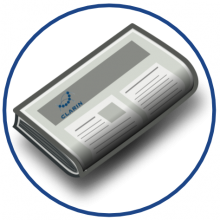
In this issue: CLARIN technical open hour, new on the CLARIN forum, new software releases.
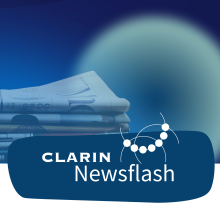
Every month, the CLARIN Newsflash gives an overview of what has been happening at CLARIN, the national consortia and the wider community. Read the November edition now!

Read about the CrowLL project: manually created annotated corpora for teaching and learning purposes of Brazilian Portuguese, Dutch, Estonian, and Slovene.
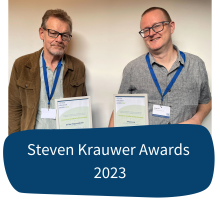
Eiríkur Rögnvaldsson and Johan Frid win 2023 Steven Krauwer Award for CLARIN Achievements

In this edition: CLARIN technical open hour, Deadline Centre Assessment Round approaching, LREC-COLING 2024 template, INCEpTION, DOG alpha version released, Centre Registry v3, HTTP error pages for clarin.eu subdomains

We are pleased to announce that Henk van den Heuvel has joined the CLARIN Board of Directors ( ) on 1 October 2023.

This special edition of the CLARIN Newsflash is dedicated to the upcoming CLARIN Annual Conference 2023!

Every month, CLARIN publishes a newsflash with an overview of what has been happening at CLARIN and the national consortia. Read the most recent CLARIN Newsflash now!
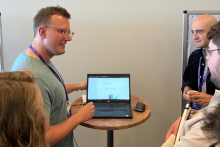
Read more about MATEO (MAchine Translation Evaluation Online): a new, user-friendly tool for both experts and non-experts that answers a growing need for easy and accessible evaluation of machine translation.
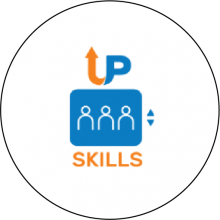
UPSKILLS (UPgrading the SKIlls of Linguistics and Language Students), an Erasmus+ partnership project, successfully drew to an end on 31 August 2023.
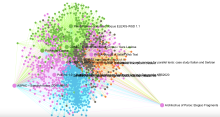
Read here about the L2L project (Francesco Mambrini, Marco Passarotti and Giovanni Moretti), which aimed to connect resources available in CLARIN’s using a lexically-based approach.

In this edition: Deadline Centre Assessment Round approaching, CLARIN technical open hour, 11 September at 11:00 CEST, Two B-centres and two C-centres Receive CoreTrustSeal, Read & Watch, New software releases, FDO Conference: 20 to 22 March 2024 in Berlin
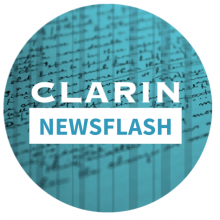
Every month, CLARIN publishes a newsflash with an overview of what has been happening at CLARIN, the national consortia, etc. Read the most recent CLARIN Newsflash: August 2023 here
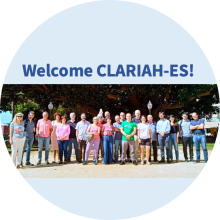
We are pleased to announce that Spain will join CLARIN as full member starting 1 September 2023. Welcome!
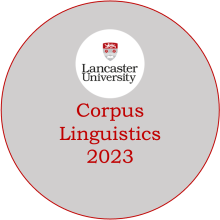
In July 2023, CLARIN members hosted a workshop titled ‘What can you do with the CLARIN research infrastructure?’, focusing on practical issues in terms of how corpus linguists can benefit from the CLARIN network and infrastructure.

Every month, CLARIN publishes a newsflash with an overview of what has been happening at CLARIN, the national consortia, etc. Read the most recent CLARIN Newsflash: July 2023 now!
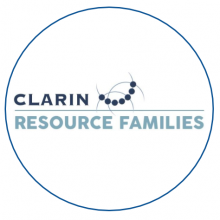
Read about this project, which aimed to define workflows for semantic change research with CLARIN Resource Families.
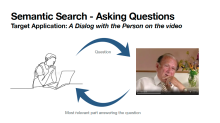
Many audio and video interviews are long and unstructured, and not easily usable as research data. A team from CLARIN’s Czech node has developed a state-of-the-art system that uses speech recognition and other natural language processing technologies designed specifically for oral history archives
